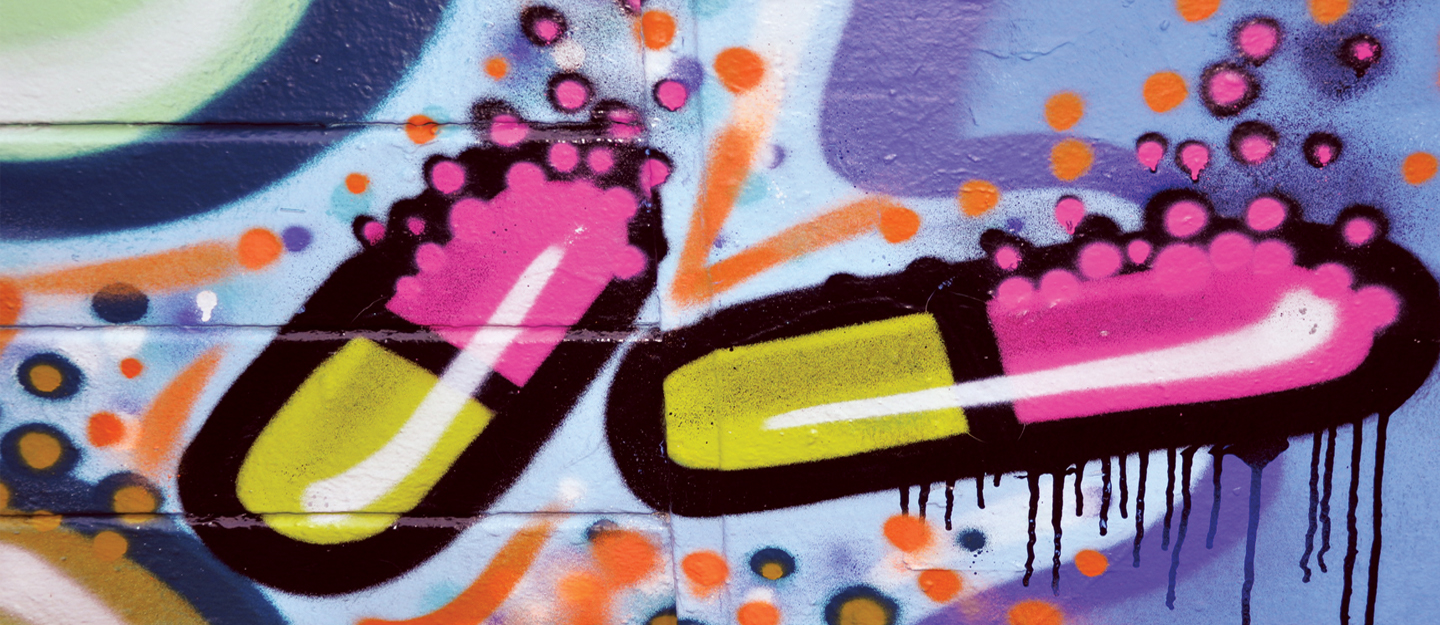Page Hero

Drug Law Reform
NACDL calls upon the federal and state governments to end the War on Drugs by declaring all drug use to be a health rather than a criminal problem and immediately repeal all laws criminalizing the possession, use and delivery of controlled substances. NACDL fights the discriminatory enforcement and disproportionate impact of drug laws on marginalized communities.
Exclusive Content
Access to the page you selected is exclusive.
If you are a member or have acccess, Login
Members of NACDL receive access to exclusive content on the website along with many other benefits.
